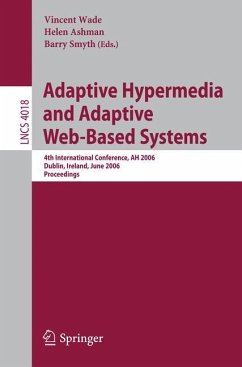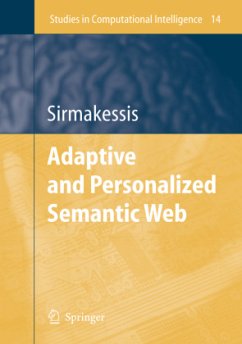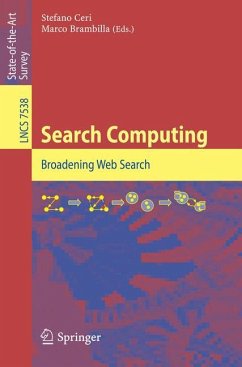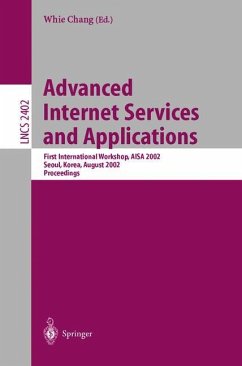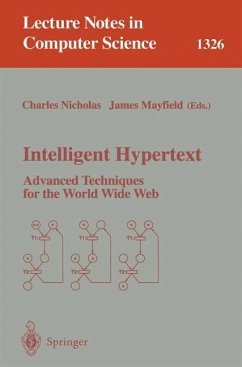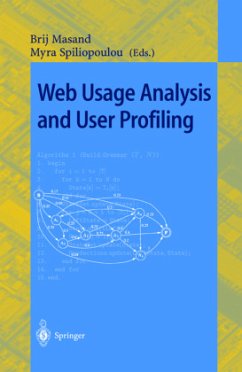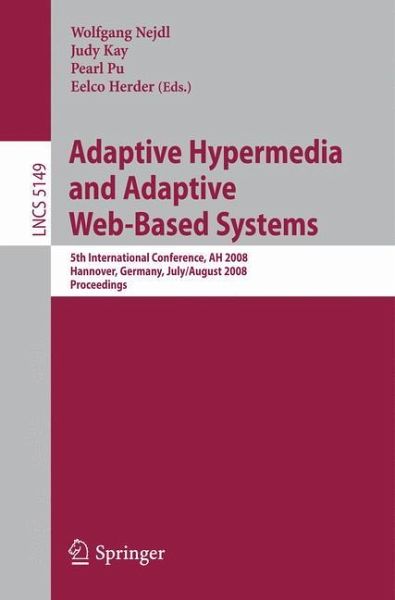
Adaptive Hypermedia and Adaptive Web-Based Systems
5th International Conference, AH 2008, Hannover, Germany, July 29 - August 1, 2008, Proceedings
Herausgegeben: Nejdl, Wolfgang; Kay, Judy; Pu, Pearl; Herder, Eelco

PAYBACK Punkte
20 °P sammeln!
Adaptive Hypermedia has emerged as an important area of both academic and deployed research. It encompasses a broad range of research that will enable personalized, adaptive hypermedia systems to play an even more e?ective role in people's lives. The Web has enabled the widespread use of many person- ized systems, such as recommenders, personalized ?lters and retrieval systems, e-learning systems and various forms of collaborative systems. Such systems have been widely deployed in diverse domains such as e-Commerce, e-Health, e-Government, digital libraries, personalized travel planning as wel...
Adaptive Hypermedia has emerged as an important area of both academic and deployed research. It encompasses a broad range of research that will enable personalized, adaptive hypermedia systems to play an even more e?ective role in people's lives. The Web has enabled the widespread use of many person- ized systems, such as recommenders, personalized ?lters and retrieval systems, e-learning systems and various forms of collaborative systems. Such systems have been widely deployed in diverse domains such as e-Commerce, e-Health, e-Government, digital libraries, personalized travel planning as well as tourist and cultural heritage services. They are particularly promising for users with special needs. The exciting possibilities of such deployed adaptive hypermedia systems rely on research progress in a broad range of areas such as: user pro- ing and modeling; acquisition, updating and management of user models; group modeling and community-based pro?ling;recommender systems and recomm- dation strategies; data mining for personalization; the Semantic Web; adaptive multimedia content authoring and delivery; ubiquitous computing environments and Smart Spaces; personalization for the plethora of mobile devices, such as PDAs, mobile phones and other hand-held devices; and pragmatics such as p- vacy, trust and security. Empirical studies of adaptive hypermedia and Web systems are also critical to informing future directions. The AdaptiveHypermediaconferenceshavebecomethe majorforumsforthe scienti?c exchange and presentation of research results on adaptive hypermedia and adaptive Web-based systems.





